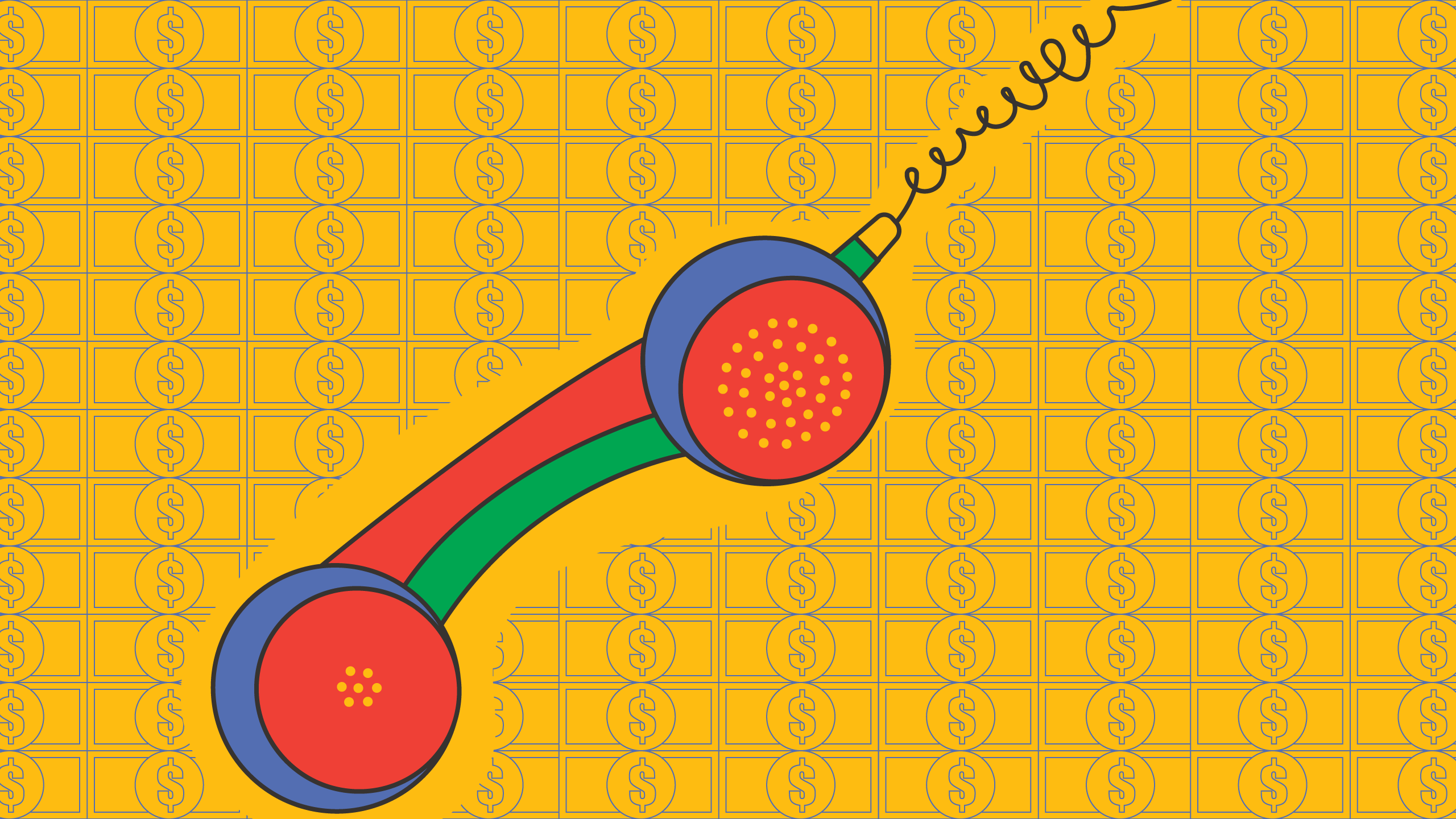By Kiara Rudder
Bell Canada is facing criticism for their phone contract with Canadian prisons that limits prisoners’ communications with the outside world.
Bell is known for their #BellLetsTalk campaign where they donate five cents for every applicable text, call, tweet, video view and use of Facebook frame or Snapchat filter towards mental health initiatives.
The campaign has risen in popularity on social media since it began in 2010, raising over 100 million dollars for mental health initiatives. However, some experts have called this kind of corporate activism into question.
“I think the Bell Let’s Talk campaign and corporate social responsibility of Bell needs to be looked at,” said Kim Varma, a criminology professor at Ryerson.
“The overall campaign is focusing on people on the outside and forgetting about people on the inside who have major barriers and the huge cost to be able to even contact people that are on the outside.”
The current phone contract that Bell has with Canadian prisons does not allow prisoners to make phone calls to cell phones—only landlines.
Bell has had this contract with the Ministry of Community Safety and Correctional Services since 2013, however it is up for renewal this year.
The phone plan does not include any free calling. Inmates can be charged over a dollar per minute. The charges can add up rapidly, especially for those who are making long-distance calls. Phone bills can reach thousands of dollars per month, with the price for a 20-minute long distance call costing up to $30.
Ryerson experts weigh in
Alannah Fricker, president of the Ryerson chapter of Canadian Students for Sensible Drug Policy (CSSDP), said this makes it difficult for some to connect to loved ones, lawyers and community agencies.
On Jan. 29, this year’s Bell Let’s Talk Day, the CSSDP organized a rally and panel discussion demanding that Bell and the government implement a better phone plan in Canadian prisons.
“It’s important for the calling to be free because the prisoners don’t have access to income. It doesn’t make sense to make them pay,” Fricker said.
Varma said inmates it’s not fair that inmates are subject to this kind of discrimination.
“Yes people are there serving sentences, but that does mean that they should experience greater barriers?”
According to the Canadian Human Rights Commission, when prisoners are incarcerated they are still entitled to the same human rights protections as any other person.
Having access to legal counsel is a fundamental right guaranteed by the Canadian Charter of Rights and Freedoms.
Criminal defence lawyer Michael Spratt says the current contract presents barriers to accessing these fundamental rights.
“The Ontario government and Bell’s greed means that accused people who are presumed innocent are not able to access legal representation, arrange treatment and counselling, or call community support,” said Spratt.
The current phone plan also limits the amount of time that prisoners can be on the phone—calls can be cut off after 20 minutes.
“It’s important for the calling to be free because the prisoners don’t have access to income, it doesn’t make sense to make them pay,”
Research from the Centre for Justice and Reconciliation shows that constructive relationships are important to prisoners during re-entry into society. However, many prisoners struggle to maintain these relationships during imprisonment. This increases the chance that they will return to destructive and anti-social relationships.
Varma says that Bell’s phone contract certainly doesn’t help with re-entry.
“I think it really reminds individuals behind bars that they are not like everybody else,” she said. “Having support from people on the outside is really important because those ties are really important when they come back.”
Both Fricker and Varma agree that Bell is isolating this already marginalized community.
“When prisoners are behind prison walls, nobody knows the struggles that they are facing and many of them do have mental health concerns and health concerns in general,” Varma said. “To limit their ability to make these calls, all they’re doing is adding more problems.”
The public can show their support by tweeting and using the following hashtags:
#ListenUpBell, #BellLetUsTalk, #LetsTalkBell, #BellPrisonPhones, #CrisisInCorrections #BoycottBell and by signing the online petition.










Leave a Reply